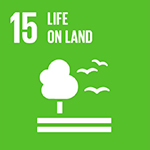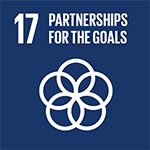
Blockchain Verification of Farmed Goods Addressed By Proposed Standard
ASTM International's digital information in the supply chain committee (F49) is currently developing a standard guide for using the blockchain to authenticate and trace certificates of authenticity (COAs) and confirm good-standing farming practices.
The standard (WK89930) was developed relative to the European Union (EU) deforestation regulation, and will apply to products such as cattle, cocoa, coffee, palm oil, and more. The practice will help ensure transparency, from production to export, by verifying the physical locations of farms and the sustainability of their operations.
According to ASTM International member Mike Coner, this standard will prove invaluable to users enforcing EUDR standards and to anyone involved in the import/export of these products in the EU.
“Imagine a generation of humans who will only buy coffee or chocolate if they can confirm at the retail purchase location that these products did not harm any forest in its making,” says Coner. “This standard is like a digital passport for those products, using blockchain technology to make sure every document in every step – from the farm to the EU port – is tracked and verified with immutable documents, available for anyone to review on an open digital ledger.”
The committee is seeking participation from enterprise companies with supply chain requirements operating in various industries, such as agriculture, medication, real-world assets, and more. Juan Esteban Orduz, an ASTM member from such company, believes that this standard guide will further implementation of sustainable practices.
"Clear standards, transparent traceability, and comprehensive information are crucial for fostering a healthy value chain, benefiting producers, consumers, and, in the case of the EU Deforestation Regulations, the planet” says Orduz.
UN Sustainable Development Goals Addressed:




 SN Home
SN Home Archive
Archive Advertisers
Advertisers Masthead
Masthead RateCard
RateCard Subscribe
Subscribe Email Editor
Email Editor